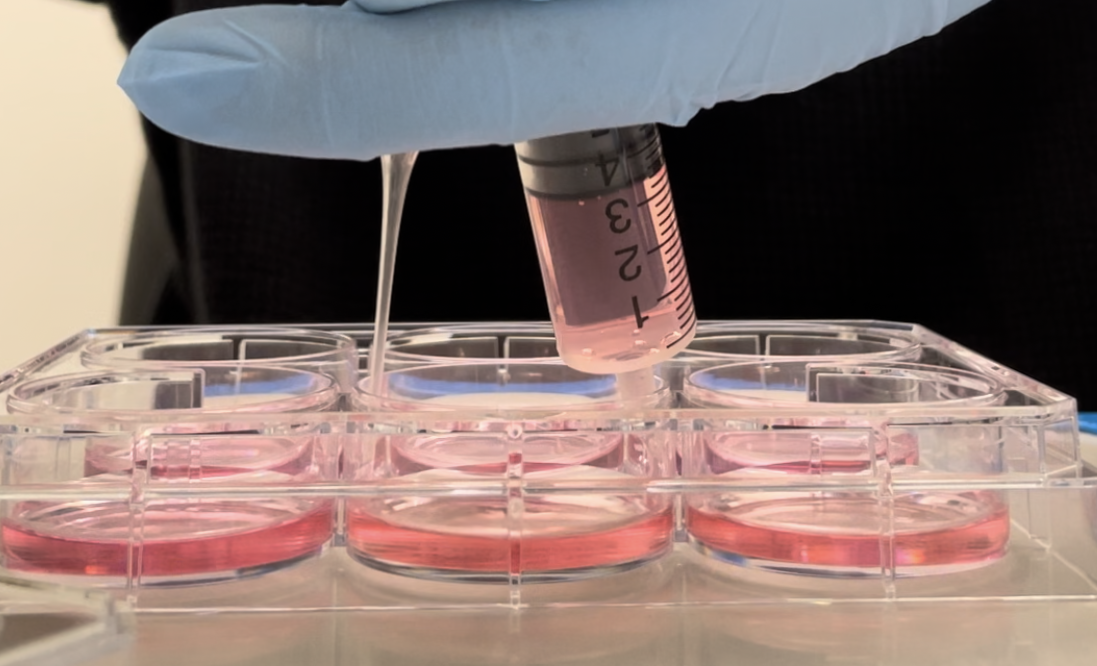Pathbreaking recent NYU study finds memories stored beyond the brain
- EP News Service
- Nov 08, 2024

An NYU researcher administers chemical signals to non-neural cells grown in a culture plate
NEW DELHI: It’s common knowledge that our brains, more specifically, our brain cells store memories. However, now a team of scientists has discovered that cells from other parts of the body also perform a memory function. This finding opens new footpaths for understanding how memory works and has the potential to enhance learning and treat memory-related afflictions.
A groundbreaking study published in the journal Nature Communications has revealed that memories are not solely stored in the brain but can also be found in other parts of the body. The research, led by Nikolay V. Kukushkin from New York University (NYU), discovered that cells from nerve and kidney tissues can learn and form memories in ways similar to neurons.
The study showed that non-brain cells activate a "memory gene" in response to new information, much like brain cells do when they detect patterns and restructure their connections to form memories. By engineering these cells to produce a glowing protein, the researchers were able to monitor the memory and learning process1. The results indicated that these non-brain cells could recognize repeated chemical pulses, similar to how neurons respond to neurotransmitters.
"Learning and memory are generally associated with brains and brain cells alone, but our study shows that other cells in the body can learn and form memories, too," explains New York University’s Nikolay V. Kukushkin, the lead author of the study, which appears in the journal Nature Communications.
Kukushkin suggests that future research may need to consider how different body parts "remember" their experiences to maintain healthy function. He remarked, "This discovery opens new doors for understanding how memory works and could lead to better ways to enhance learning and treat memory problems. At the same time, it suggests that in the future, we will need to treat our body more like the brain—for example, consider what our pancreas remembers about the pattern of our past meals to maintain healthy levels of blood glucose or consider what a cancer cell remembers about the pattern of chemotherapy."
This discovery challenges the long-held belief that memory is exclusive to the brain and opens new avenues for understanding how memory works and treating memory-related conditions.










Reporter
Crisp, and to the point news coverage from India and around the world.
View Reporter News